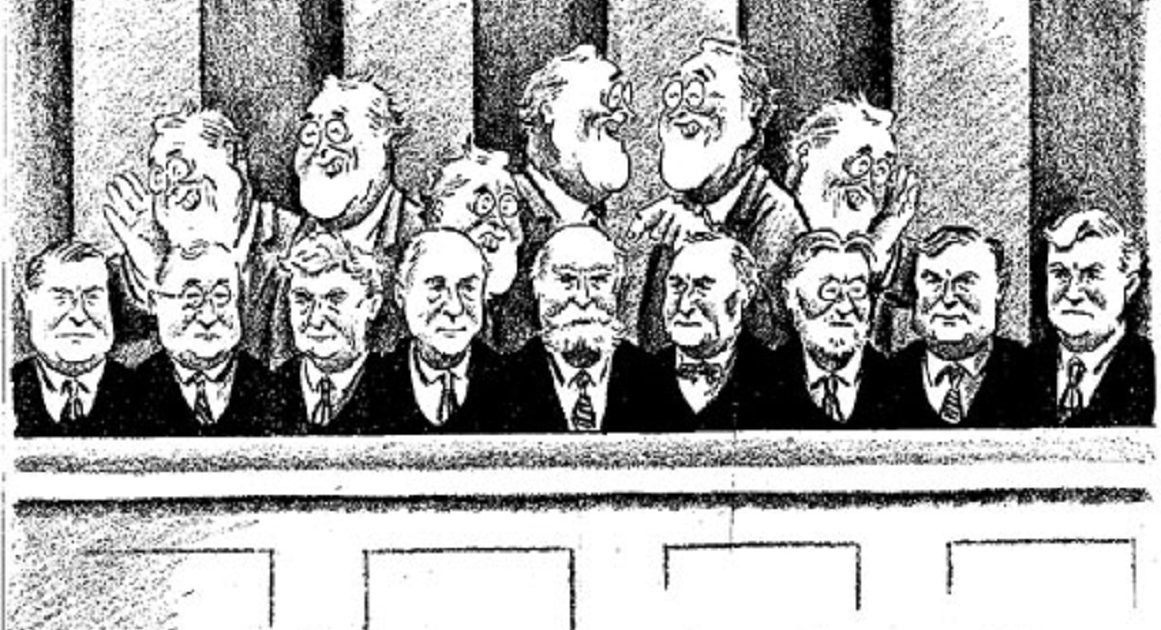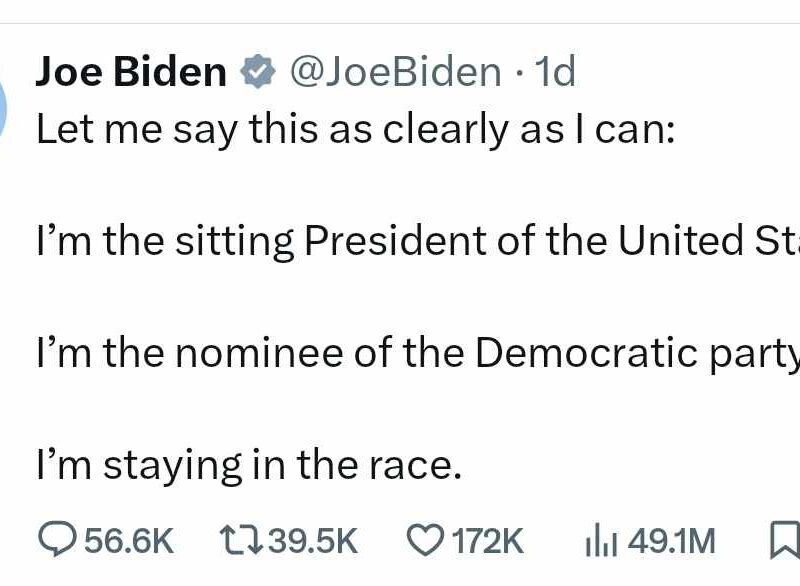Packing a New Court, a JV SCOTUS
It has been said that the legal and justice system in the United States is the best throughout the world. While that may be true, is now the time to to improve it?
The gigantic debate introduced by the Democrat controlled Congress is to pack the Supreme Court, which is to say they intend to force four or more new justices onto the bench to even out the political activism (read Constitutional law) and case opinions. It can be argued that doing the same thing over and over again expecting a different result is the definition of insanity. Okay, so try this…. Rather than add four or more justices to the U.S. Supreme Court, how about launching a junior varsity Supreme Court?
Why you ask? Per the USCourts.gov website, the Supreme Court receives as many as 7000 case requests per year. Quite a number of what can be argued as still unresolved conclusions. The US Supreme Court generally only hears up to 150 per year. That case load for the most part comes from US Appeals Courts or State Supreme Courts. At least four of the SCOTUS justices must agree to accept a case.
There is no such condition anymore of a speedy trail, in fact some cases may be as old as 15 years before it reaches oral arguments at the Supreme Court. A viable solution to solve the case load and judicial decision(s) would be to create a junior varsity version of the US Supreme Court under the authority and oversight of the US Supreme Court. The number of judges on the panel for the JV version would be determined by Congress which also has to fund the court, but it too should be no more than nine. The case load for the JV court team would be determined by the high court as well as the session calendar and hold the same value, following the same template as the high court, perhaps as many as 300 cases per year.
Exactly who is chosen to be on the JV Court panel? There are viable answers for this question but consider a lottery system with term limits. Here is where the reader of this op-ed can apply some critical thinking. Consider, U.S. Magistrate judges that have their names put into a lottery based on their merit in full scope. Magistrate judges have case load experience with mediation, discovery disputes, motions, bonds and sentencing. Magistrate judges also have experience with real grass roots type cases such as bankruptcies, search warrants, and criminal cases.
The judicial impact of a JV SCOTUS may well have some known and unknown beneficial outcomes for improvement of the U.S. justice system. It is expected lawyers and judges across the land will read this op-ed and critique this notion in total. They are invited to do so. Perhaps it is time to create a discussion, debate and argument for a junior varsity Supreme Court.
Fundamental to the U.S. legal system is arguing. Let’s begin here.







